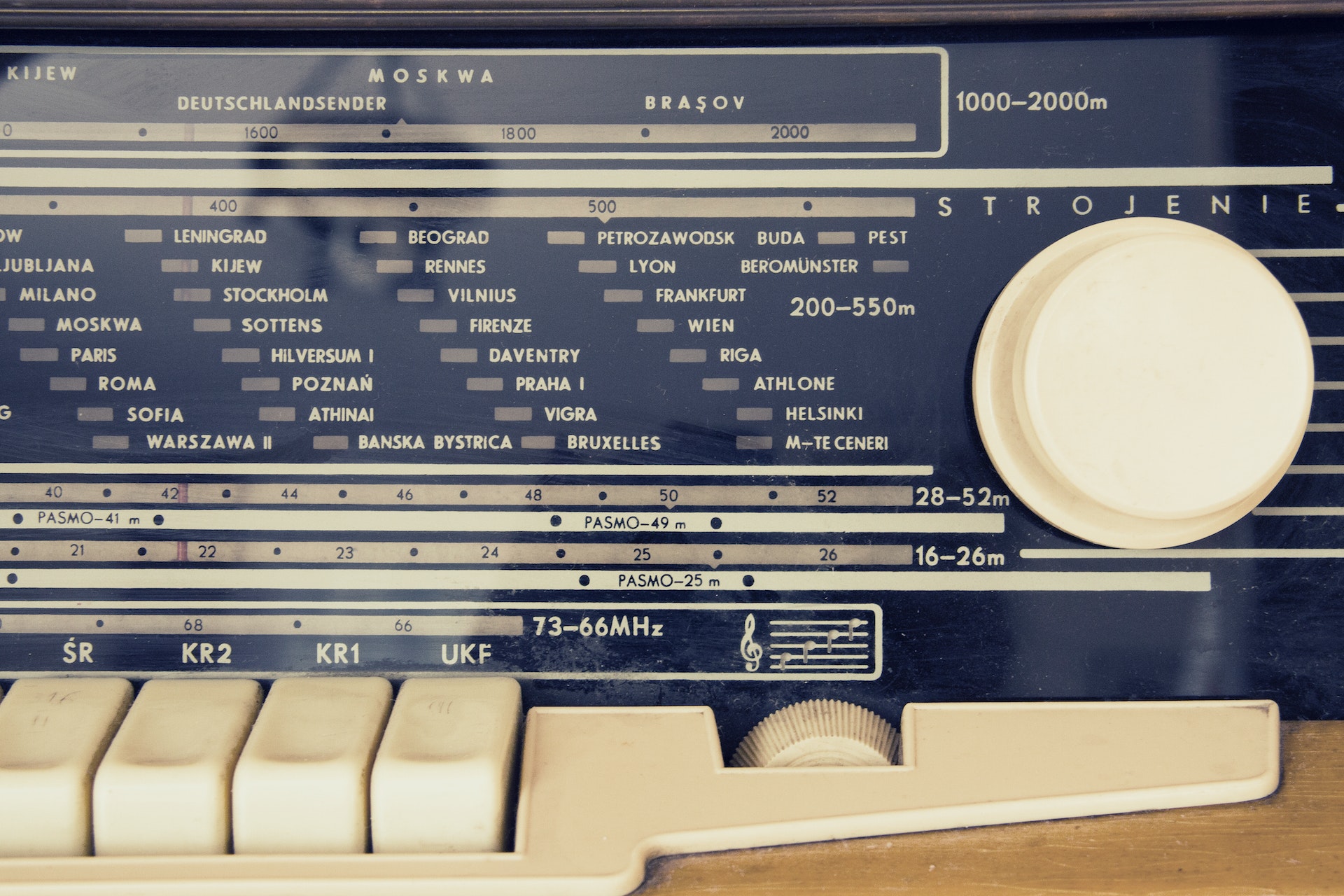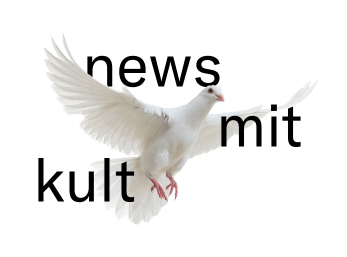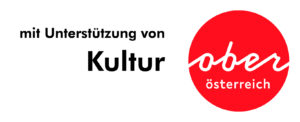At its 47th working conference in Bad Goisern in April 2024, the international working group Radio Jazz Research, which, as its name implies, maintains a focus on the intersection of jazz and broadcasting. There are two thematic strands which form the basis of the program. The first strand deals with the symbiosis of jazz and broadcasting in terms of technology, which is still effective today, from the recording process to the storage and archiving of music recorded in the radio studios themselves as well as finished, broadcast programs. The Amsterdam media scholar Carolyn Birdsall takes a look at European broadcasting archives from the years 1930-1940 and explores the question of how ‘popular’ music (to which jazz was already to be counted at that time) was processed in the archives of various radio stations, what conclusions can be drawn about its political appropriation (or also: its exclusion) with regard to the Second World War, and how the radio stations of the victorious powers changed the radio scene in the countries of Europe after 1945.
The second strand leads to the effects that the reappraisals of jazz events in radio and TV had on collective shifts in consciousness and behavior in various target groups. In his lecture “Jazz-Notizen für junge Leute” (Jazz Notes for Young People), Bernd Hoffmann examines three television broadcasting series of the 1950s and 1960s from the ARD broadcasting network (of SWF, HR and NDR), which have very different thematic profiles: While the series “Jazz – gehört und gesehen” (“Jazz – heard and seen”), developed by Joachim-Ernst Berendt for SWF in 1955, was strongly oriented toward U.S. artists until it was discontinued in 1974, Olaf Hudtwalker’s HR series “Jazz für junge Leute” (“Jazz for young people”) already addressed the generational problem in jazz reception, which has since become a focal point of jazz discourse. The NDR series “Notizen aus der Jazzwerkstatt” (Notes from the Jazz Workshop), on the other hand, offers insights from the courageous in-house productions made by the NDR jazz editorial team during that period when a jazz big band under the NDR banner was still far from being conceivable. Hoffmann compares his findings on these three series with contributions from the BBC series “Jazz 625” in a first approach to an international classification. Tim Wall, Professor of Radio and Popular Music Studies from Birmingham, presents the counter-section from a British perspective on the TV series “Jazz 625”, which ran from 1964 to 1966 on the BBC’s TV program: Wall, who is currently working on a monograph on jazz in the BBC radio program between 1922 and 1972. He focuses his presentation on some of the controversies and tensions with UK musicians and the broadcaster BBC as well as its successes in its radio and television output.
Historian and musicologist Rüdiger Ritter goes a step further in the direction of internationalism and examines the impact that U.S. radio DJ Willis Conover, who from 1955 until shortly before his death in 1996 carried the Good News of jazz to the world on the U.S. foreign station Voice of America – had on jazz, everyday culture and the art world in the part of the world that, under Soviet domination, remained largely excluded from some of the blessings of American culture. In doing so, Conover not only delivered the message of American jazz, but also created a feedback loop during his festival visits to Poland and Czechoslovakia, Hungary, and the Soviet Union with his interest in the jazz music being created there. By feeding jazz creation there into his programming on Voice of America, he elevated musicians from the obstructed zones to the level of jazz reception and, in turn, emboldened them in their musical pursuits.
Finally, a third track takes stock: jazz radio programs from countries such as Austria, Germany, the Netherlands and Poland are presented and analyzed. The Viennese jazz editor Andreas Felber (ORF) describes the current situation in the Alpine Republic.
Against the background of the distinction between linear broadcast programs and on-demand retrievable podcasts or other content, experiences with certain forms of presentation such as individualized author radio versus technically generated playlists, stylistically bound jazz programs vs. jazz islands in a stylistically diverse music program are up for discussion.
Program:
Carolyn Birdsall (Amsterdam):
European Jazz and the Radio Archive.
In this presentation, Dr. Carolyn Birdsall (University of Amsterdam) will draw on her recent research project on radio libraries/archives in Europe in order to consider the place of (popular) music in those collections, and for program production. The presentation will include case studies about how (popular) music, both commercial and “own recordings”, featured in those broadcaster collections in the 1930s-1940s, with an attention to the uses/abuses of those collections in the context of World War II (for instance, at Radio Luxembourg), and the changing radio library/archive landscape after 1945 (for instance, with the establishment of the AFN and BFN in Europe).
Andreas Felber (Vienna):
A changing relationship.
The presence of jazz in Austrian public radio.
In this presentation, Dr. Andreas Felber (ORF Wien) would like to discuss the perspective of Jazz in Austria. For many, especially older music fans in Austria, the 1970s and 1980s still represent a kind of “golden era” in terms of the presence of jazz on Austrian broadcasting. Moreover, this was no coincidence: as a result of the 1967 broadcasting reform, a wide variety of jazz programs were presented, especially on the newly created “youth radio station” Ö3. However, jazz was also present in the TV program. Already in the years before the liberalization of the broadcasting market in Austria in 1995 – which was very late in Europe – the broadcasting presence of jazz on TV and radio began to dwindle: Improvised music was banned from TV channels altogether in the 1990s; in terms of radio, it was shifted to the programming of ORF’s culture and information station Ö1 during this period. Here, on Ö1, jazz still finds its most important media platform in Austria, on the one hand through seven regular broadcasts (six of them weekly), and on the other hand through the recording of about 100 concerts a year throughout Austria.
Tim Wall (Birmingham):
The British Broadcasting Corporation (BBC) and New British Jazz 1960-1975.
Dr. Tim Wall presents on his research on jazz in the British Broadcasting Corporation (BBC) during the 1960s and early 1970s. This includes the programming of jazz on the BBC’s then four UK radio stations, the engagement of the BBC with the European Broadcast Union for its jazz programming, and the BBC breakthrough TV program Jazz 625 (1964-1966), which launched the corporation’s second television service. While the range of jazz on the BBC was broad during this period, the corporation supported a range of musicians who were breaking new ground. The presentation focuses on some of the controversies and tensions with UK musicians and the broadcaster as well as its successes in its radio and television output. This decade and a half also represent a period in which the corporation was particularly outward looking, collaborating with other European broadcasters and exploring the possibility of jazz on television. This research reveals interesting debates about what jazz was becoming within British broadcasting and jazz culture at the time, the ideas of domestic and European jazz scenes, and the way radio and television could and did mediate the music and its musical culture. The presentation includes examples of this programming.
Rüdiger Ritter (Bremerhaven):
Jazz Diplomacy in the Cold War,
Willis Conover’s Jazz broadcasts on “Voice of America” and the reception in the Eastern Bloc (Soviet Union, Poland, Czechoslovakia, Hungary).
With his radio program Music USA – Jazz hour, which was received worldwide via shortwave every evening for four decades beginning in 1955, Voice of America radio host Willis Conover not only provided an essential source of jazz information, but also realized a central concern of U.S. cultural diplomacy. Conover himself traveled to the Eastern Bloc states, played a major role in shaping jazz festivals there such as the Jazz Jamboree, and became a legend among jazz musicians and jazz lovers. The cultural politicians of the Eastern Bloc countries knew how to use his presence skillfully, which led to a strengthening of the local jazz scenes. The lecture shows Conover’s role in this cultural-political competition. The basis is his estate, evaluated for the first time for this purpose, as well as research in archives and conversations with contemporary witnesses in the countries of the former Eastern Bloc.
Bernd Hoffmann (Cologne)
“Jazz Notes for Young People”
Three German TV broadcasting series of the 1950s and 1960s.
In this presentation, PD Dr. Bernd Hoffmann (RadioJazzResearch) would like to discuss the perspective of Jazz in West German television. While the 1950s were devoted to the numerous radio jazz series, the 1960s saw a surprising number of television series, with their offerings on improvised music.” They could not be more different, the jazz broadcasting series of SWF (Südwestfunk), HR (Hessischer Rundfunk) and NDR (Norddeutscher Rundfunk), which is exactly why a comparison is worthwhile: The extensive SWF series, already founded in 1955 by J.E. Berendt (“Jazz – Gehört und Gesehen”), is strongly oriented toward U.S. touring in Europe, the HR series (“Jazz für junge Leute”) with Olaf Hudtwalker, focuses on the regional theme and the amateur scene in the afternoon program, and finally the NDR series (Notizen aus der Jazz-Werkstatt) provides insights into the productions of the extremely active radio jazz editorial team around Hans Gertberg. Three very different perspectives of jazz television – in the early 1960s – in the Federal Republic of Germany.
Tara Minton (London)
The musician-led and -produced jazz podcast: a first-hand perspective.
The Jazz Podcast began as a small, local show focusing on the British jazz scene. In 2021 it was inducted into the British Library collection and has since expanded to host up-and-coming to legendary European, American and global jazz artists.
This presentation will cover the “DIY” nature of podcasts and why this works as a platform to engage in meaningful conversation with jazz musicians about their art and lives. Both Tara Minton and Rob Cope are professional jazz musicians, allowing them an insider’s perspective when talking with fellow artists. Over the years, The Jazz Podcast has cultivated positive relationships with labels, managers and promoters, but has always retained its authenticity as a grassroots media entity. Radio hosts are bound by press releases or time limits – the medium of podcast is more fluid, creating space for a more personal and authentic artist lead interaction.
The presentation will include audio and visual excerpts from favorite interviews and there will be time for questions at the end.
Speaker
Carolyn Birdsall (Amsterdam) – European Jazz and the Radio Archive
Andreas Felber (Vienna) – A changing relationship. The presence of jazz in Austrian public radio
Tim Wall (Birmingham): Jazz im Fernsehen. The British Broadcasting Corporation and New British Jazz 1960-75
Rüdiger Ritter (Bremerhaven) – Jazz-Diplomacy in the Cold War, Willis Conover’s Jazz-broadcasts on “Voice of America” and the reception in the Eastern Bloc (Soviet Union, Poland, Czechoslovakia, Hungary)
Bernd Hoffmann (Köln) – “Jazz Notes for Young People”. Three german TV broadcasting series of the 1950s and 1960s
Tara Minton (London) – The musician-led and -produced jazz podcast: a first-hand perspective
















